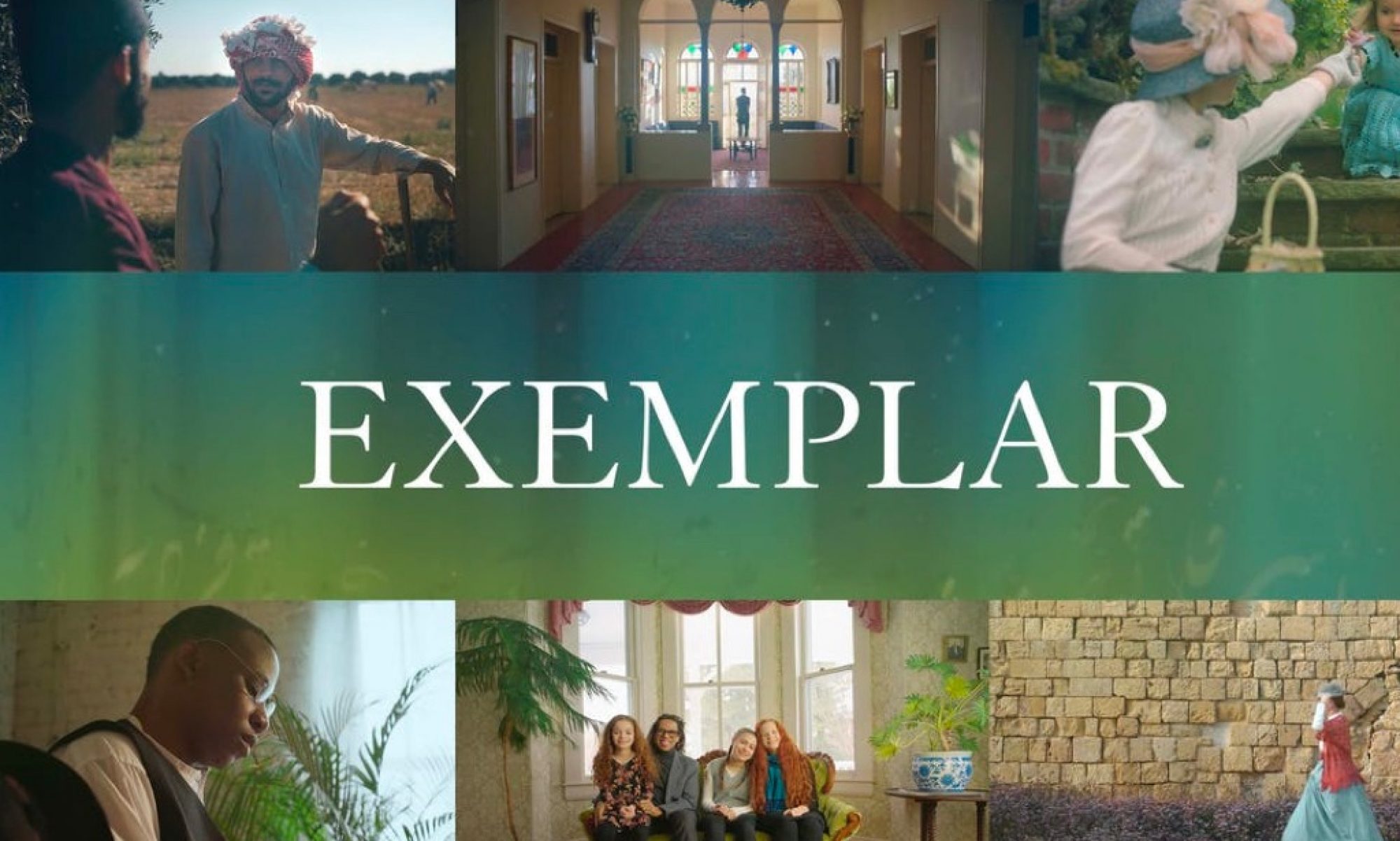Have you ever pondered how the lessons designed for children in Bahá’í classes could resonate profoundly with adults? It is intriguing to consider how seemingly simple lessons, filled with playful stories and engaging activities, can encapsulate profound spiritual principles and ethical values that are directly applicable to adult lives. The Bahá’í teachings extend beyond the boundaries of age, offering insights that inspire personal and communal growth, while fostering a sense of unity and purpose in a complex world.
At the heart of Bahá’í children’s classes lies a commitment to teaching moral and ethical values. These foundational teachings emphasize the importance of virtues like honesty, kindness, and respect for others. Adults can certainly benefit from revisiting these core virtues, which can sometimes become obscured in the complexity of adult life. Engaging in a reflective practice that integrates these principles into daily life sets a powerful example for younger generations and reinforces a communal fabric that is essential for a harmonious society.
One of the distinctive features of children’s classes is the creative and engaging way in which teachings are imparted. Lessons often utilize storytelling, arts, and games to convey substantive ideas in an accessible manner. Why not consider the possibilities of employing these creative methodologies within adult settings? For instance, what if workplaces adopted storytelling workshops to enhance teamwork or foster creativity? This playful approach can unravel new dimensions of problem-solving and collaboration that might otherwise remain dormant.
Further, Bahá’í teachings emphasize the concept of service to humanity. This essential tenet is not solely a responsibility assigned to the youth but is a universal call that resonates with individuals of all ages. In children’s classes, service is presented as a joyful obligation, often through community projects and acts of kindness. Adults may find themselves challenged to reassess their commitments to service within their communities, rekindling that innate desire to contribute positively to society. Recognizing the transformative power of service can awaken dormant aspirations and galvanize individuals toward collective action, fostering not just personal growth but societal advancement.
Additionally, there is a significant focus on the power of consultation within the Bahá’í teachings. Children learn the necessity of respectful discourse, the value of listening, and the importance of collective decision-making. Adults often encounter discussions that can devolve into contentious debates, inhibiting constructive outcomes. Embracing the principles of consultation could dramatically alter the dynamics of familial, workplace, or community discussions. How might your relationships and communal interactions improve by prioritizing consultation over confrontation? This lesson illustrates that the act of engaging differently can lead to profound harmony and shared understanding.
The theme of unity, frequently echoed in Bahá’í classes, serves as a vital lesson for adults navigating an increasingly fragmented world. The essence of unity posits that the diverse tapestry of human experience should not only be acknowledged but celebrated. Engaging with diverse perspectives fosters inclusivity and promotes a climate of understanding. Adults may find themselves challenged to cultivate environments where differences are viewed as strengths rather than obstacles. The question arises: Are our social circles and communities reflecting a genuine commitment to unity and diversity? This inquiry invites reflection on the broader implications of inclusivity within personal and professional realms.
Moreover, the teachings regarding the importance of spiritual and moral education in children undeniably extend their relevance to adults. Lifelong learning is a cornerstone of personal development, and the Bahá’í framework emphasizes that education is not limited to academic achievement; it encompasses moral development and spiritual growth. As such, adults are encouraged to engage in continuous learning, reflecting on life experiences and seeking further knowledge. What new skills or insights might you pursue that could deepen your understanding of a spiritual or moral principle?
Finally, the element of fun and joy present in children’s classes can often be overlooked by adults engrossed in the rigors of daily life. The Bahá’í approach suggests that joy is not simply a transient emotion but an essential part of spiritual practice. The teachings urge individuals to cultivate joy not only as a personal pursuit but as a part of their interactions with others. The challenge then emerges: How can we rediscover a sense of playfulness in our lives, integrating joy into our routines, relationships, and responsibilities?
In conclusion, the Bahá’í teachings offered in children’s classes provide a wealth of insights that resonate powerfully with adult experiences. Through engaging storytelling, promoting service, encouraging consultation, advocating for unity, and emphasizing lifelong learning and joy, adults can derive meaningful lessons applicable to their lives. The essence of these teachings transcends age, serving as quintessential guidelines for creating a harmonious and fulfilling existence.
